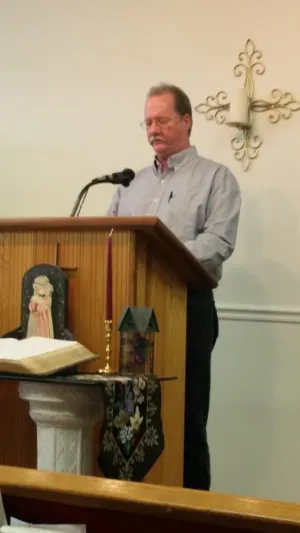Invading Britain: Then and Now, It Always Comes Down to Treachery! Part 1
No matter the invasion, the conquered or the conqueror, it has always been the treachery of the native kings, nobles or chieftains by which Britain was overrun by foreigners, whether they were Romans or Saxons or Normans. The same thing is true of the non-White hordes who are overrunning Britain today.

 Here we shall present Paul's epistle to the Galatians, and before doing so we must establish the identity of the Galatians whom Paul was writing to. The name Galatia at the time of Paul's ministry referred to either one of two things. First, the word referred to the kingdom of the Galatae which was established in Anatolia in the 3rd century BC, or secondly it may have referred to the Roman province of Galatia, which incorporated the ancient kingdoms of Lycaonia, Phrygia and Galatia. Considering only the use of the term Galatia in reference to the Roman province, there have long been academic debates disputing whether Paul had written to the “northern Galatians” of the province, which refers to the somewhat Hellenized Galatae of the ancient kingdom, or to the “southern Galatians” which more numerously included the Greeks and Hellenized Lycaonians of the larger cities. But the so-called scholars who debate on these terms do not even seem to realize that Luke did not use the term Galatia in reference to the Roman province, but only as it was originally used, in reference to the ancient kingdom, and that was only the northern part of the Roman province.
Here we shall present Paul's epistle to the Galatians, and before doing so we must establish the identity of the Galatians whom Paul was writing to. The name Galatia at the time of Paul's ministry referred to either one of two things. First, the word referred to the kingdom of the Galatae which was established in Anatolia in the 3rd century BC, or secondly it may have referred to the Roman province of Galatia, which incorporated the ancient kingdoms of Lycaonia, Phrygia and Galatia. Considering only the use of the term Galatia in reference to the Roman province, there have long been academic debates disputing whether Paul had written to the “northern Galatians” of the province, which refers to the somewhat Hellenized Galatae of the ancient kingdom, or to the “southern Galatians” which more numerously included the Greeks and Hellenized Lycaonians of the larger cities. But the so-called scholars who debate on these terms do not even seem to realize that Luke did not use the term Galatia in reference to the Roman province, but only as it was originally used, in reference to the ancient kingdom, and that was only the northern part of the Roman province.








 Please click here for our mailing list sign-up page.
Please click here for our mailing list sign-up page.







